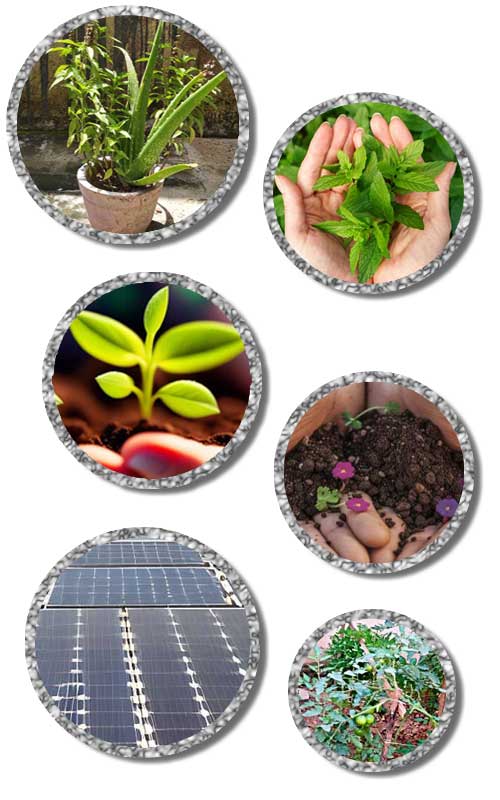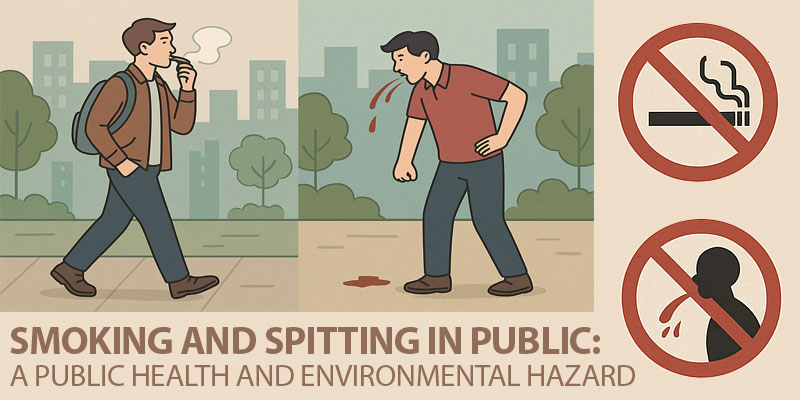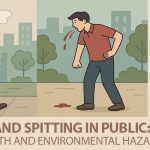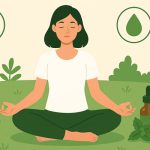Introduction
In our daily walks through the city, we often witness two common but dangerous habits—public smoking and spitting after chewing gutkha or paan. While these may seem like personal choices, they have serious consequences for public health, the environment, and social well-being. It’s time we shed light on how these actions affect all of us and why urgent awareness and action are necessary.
Part 1: The Dangers of Public Smoking
1. Health Hazards to Others (Secondhand Smoke)
Public smoking affects more than just the smoker.
- Secondhand smoke contains over 7,000 chemicals, many of which are toxic and carcinogenic.
- It increases the risk of lung cancer, heart disease, asthma, and other respiratory illnesses in nonsmokers.
- Vulnerable populations like children, pregnant women, and the elderly face greater risks.
2. Environmental Pollution
- Smoke from cigarettes releases PM2.5 particles, carbon monoxide, and volatile organic compounds into the atmosphere.
- These contribute to air pollution and urban smog, harming both people and wildlife.
3. Litter and Waste
- Cigarette butts are the world’s most common litter item.
- Contain non-biodegradable filters and toxic residue.
- End up in waterways, poisoning marine life and disrupting ecosystems.
4. Fire Hazards
- Careless disposal of cigarettes can cause accidental fires, especially in dry, wooded, or flammable urban areas.
5. Social and Economic Costs
- Normalizes an unhealthy habit in public.
- Increases healthcare costs, cleaning efforts, and reduces the quality of life in communities.
Part 2: The Problem with Spitting Gutkha and Paan
1. What Are People Spitting?
- Gutkha: A mix of tobacco, areca nut, and flavoring agents.
- Paan: Betel leaf with areca nut, lime, and sometimes sweeteners or tobacco.
- The red or orange spit stains come from areca nut reacting with lime and saliva.
2. Health Consequences
- Both gutkha and paan are highly carcinogenic, leading to oral cancer, gum disease, and addiction.
- Other issues include tooth decay, bad breath, and digestive disorders.
- Spitting spreads germs and viruses, posing serious risks in crowded public places.
3. Environmental and Aesthetic Damage
- Leaves ugly red stains on walls, streets, and public buildings.
- Increases municipal cleaning costs.
- Creates a sense of neglect and lowers public morale.
What Can Be Done?
Individual Actions
- Avoid smoking or chewing in public areas.
- Educate friends and family about the dangers.
- Properly dispose of cigarette butts and avoid spitting.
Community Efforts
- Support cleanliness drives and awareness campaigns.
- Promote quit-smoking and quit-tobacco programs.
- Encourage community policing and reporting of offenders.
Policy Recommendations
- Enforce fines for public smoking and spitting.
- Place visible signage in public spaces.
- Offer public health counseling and accessible rehab options.
Conclusion
Smoking and chewing gutkha or paan in public may seem like personal habits, but their consequences ripple through society, damaging health, polluting our environment, and degrading our shared spaces. It’s time for us to come together and advocate for cleaner, healthier streets, creating awareness for the benefit of all.
Let’s build a culture of responsibility—one street, one step at a time.








